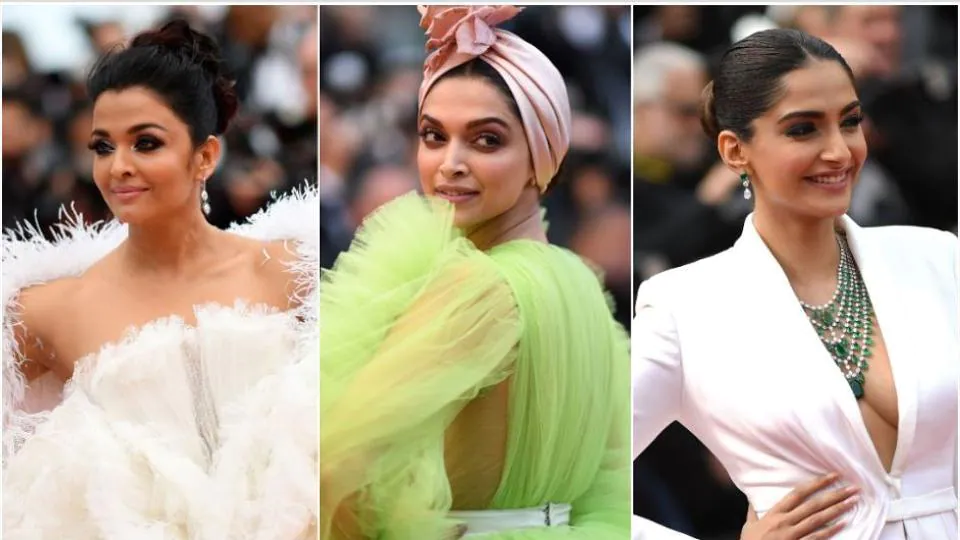The 75th Cannes Film Festival has recently ended, and the same difficult topic has emerged as before. Why didn’t India have a winner in the competition portion, which this year featured Indian actress Deepika Padukone as a member of the jury? Why does a country that produces the most films lag so far behind in the parameters that choose the winners?
The solution, as always, is complicated. It’s concealed under the collective self-confidence of a film industry whose inherent toughness has prevented considerable cinematic infiltration from any other area of the globe. Hollywood’s presence accounted for only three to four percent of the market thirty years ago. Despite a massive increase in demand for dubbed-and-subtitled globalized entertainment, Hollywood’s best bet in India continues to be the classic tentpoles, “creature features,” and superhero hijinks. But no Batman, Superman, or colossal dinosaur is going to give Indian filmmakers, who already have an RRR and a KGF under their belts, sleepless nights. Who cares about the Croisette in India, where Indian cinema, with their passion for spectacle, song-and-dance, and melodrama, are unstoppable?
Those who wonder “why isn’t India in the competition?” forget that India isn’t known for the type of film that appeals to the selectors/gatekeepers of that coveted area. This isn’t to imply that other nations, such as South Korea, Romania, and Belgium (all of which had entries this year), create their films exclusively for the possibility of a Cannes berth. These aren’t countries with a filmmaking tradition as long as India’s, but films like Park Chan-Decision wook’s To Leave, Cristian Mungiu’s RMN, and Lukas Dhont’s Close reveal a fierce commitment to stories set in very specific locations, with characters who can only exist in those milieus, but whose situations are gloriously universal.
Look no farther than Triangle of Sadness, the hilarious dark comedy directed by Swedish director Ruben Ostlund, which just received the Palme d’Or. The film is a vicious, cruel satire of the ultra-wealthy, as well as the growth of “influencers” and their greedy cronies in the multibillion-dollar beauty business. Every frame of that movie has a profound truth that transcends linguistic and cultural barriers. In India, with a few exceptions, this type of filmmaking has proven to be commercially unprofitable. A mix of public choice, which has been weaned on escapist cinema as the primary “entertainment” option for decades, and a fear of upsetting the status quo has hindered Indian filmmakers from pursuing the type of realism that leads to finding a competitive position at Cannes.
Sen’s film has a lot of punch because of its sincerity. It’s the type of picture that appealed to Cannes official selectors, as well as the Sundance film festival jury, which handed it a top prize earlier this year. If the Indian selectors are astute enough to nominate this film, it may even appeal to an Oscar jury if it receives a cinema distribution.
Are Indian producers willing to support even a small number of independent, truth-seeking films that may help us compete with the finest at Cannes? We’ll have to make do with showcasing our products on the red carpet or in areas where we can pay our way in until then.










